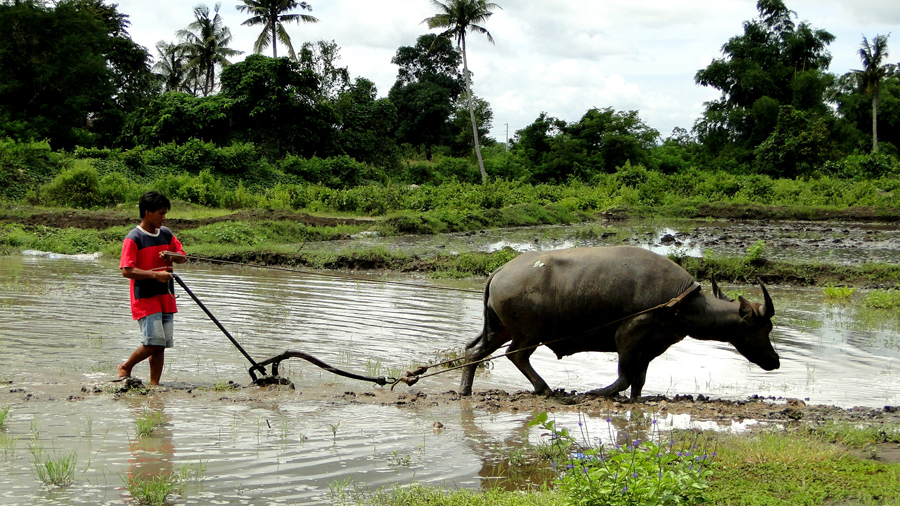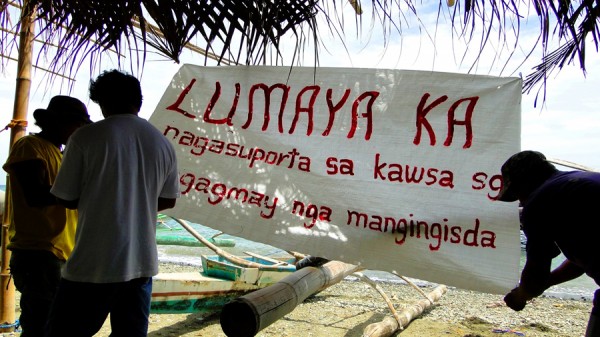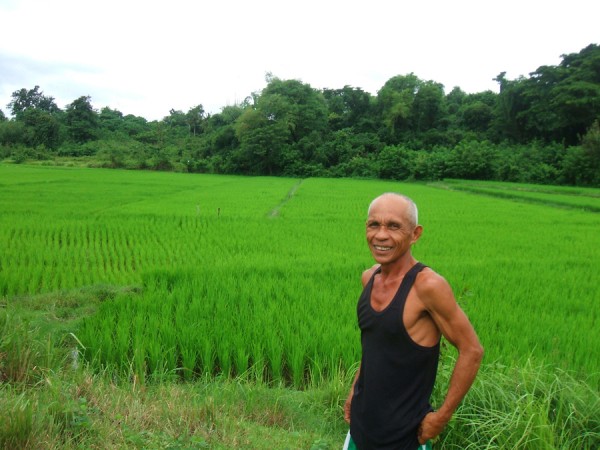I. Fighting
When I first arrived in the Philippines as a Peace Corps volunteer, the organization held a safety and security briefing at our orientation, during which they emphasized that the plans for the 9/11 attacks were hatched in Manila and Mindanao by Al Qaeda terrorist cells funded by Osama bin Laden.



